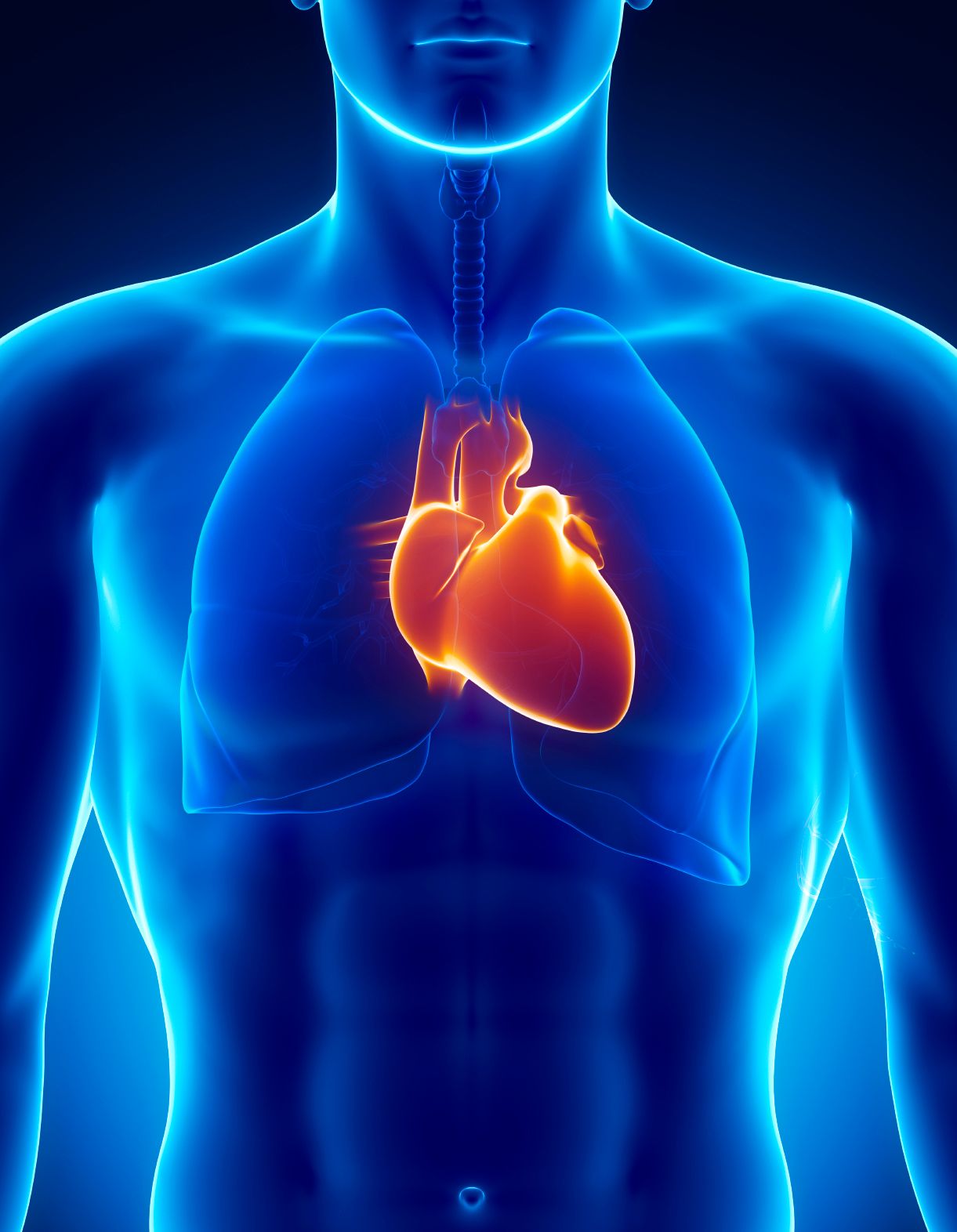High Protein Diet Linked to Cardiovascular Benefits
High protein intake may have as much of an effect on blood pressure as lifestyle risk factors such as salt intake, smoking, physical activity, and alcohol consumption, according to a new study.
Photo © iStockphoto.com/janulla

Researchers at the University of East Anglia (Norwich, United Kingdom) have found that women who consume high levels of certain amino acids present in meat and plant-based protein may also have lower blood pressure and lower arterial stiffness.
What’s more, the association was similar in magnitude to the impact of other lifestyle risk factors previously studied on blood pressure, such as salt intake, physical activity, alcohol consumption, and smoking, researchers reported.
“Results from previous studies have provided evidence that increased dietary protein may be associated with lower blood pressure,” said Amy Jennings, PhD, lead author of the study. “We wanted to know whether protein from animal sources or plant-based sources was more beneficial-so we drilled down and looked at the different amino acids found in both meat and vegetables.”
The study investigated the link between intake of seven amino acids and the cardiovascular health of 1898 female twins aged 18-75 years with a healthy body mass index. Researchers studied the diet of participants based on food-frequency questionnaires, calculated amino acid intake from the questionnaires, and compared the results with clinical measures of blood pressure, blood vessel thickness, and blood vessel stiffness.
The researchers found that a higher intake of amino acids found in animal sources was more closely linked with lower levels of arterial stiffness, while a higher intake of amino acids found in plant-based sources was especially associated with lower blood pressure.
“We studied seven amino acids-arginine, cysteine, glutamic acid, glycine, histidine, leucine, and tyrosine. Glutamic acid, leucine, and tyrosine are found in animal sources, and a higher intake was associated with lower levels of arterial stiffness,” said Jennings. “All seven amino acids, and particularly those from plant-based sources, were associated with lower blood pressure.”
Jennings said the most surprising finding of the study was the strength of the association between high protein intake and these markers of cardiovascular health-even rivaling the association of salt intake, alcohol consumption, or physical activity. For arterial stiffness in particular, “the association [observed in the study] was similar to the magnitude of change previously associated with not smoking.”
According to Jennings, the beneficial daily amounts of protein equates to a 75g portion of steak, a 100g salmon fillet, or a 500ml glass of skimmed milk.
The cross-sectional study included twins from the TwinsUK registry. Arterial stiffness and atherosclerosis were measured based on central systolic blood pressure, mean arterial pressure, augmentation index, pulse wave velocity, and intima-media thickness.
Read more:
Does PDCAAS Still Set the Bar for Protein?
How Big a Threat Is Plant Protein to Dairy Protein?
Can an Ancient Grain Reduce Cardiovascular Risk in Patients?
Michael Crane
Associate Editor
Nutritional Outlook Magazine
michael.crane@ubm.com
References:
A Jennings et al., “Amino acid intake is inversely associated with arterial stiffness and central blood pressure in women,” Journal of Nutrition, vol. 145, no. 9 (September 2015): 2130-2138









